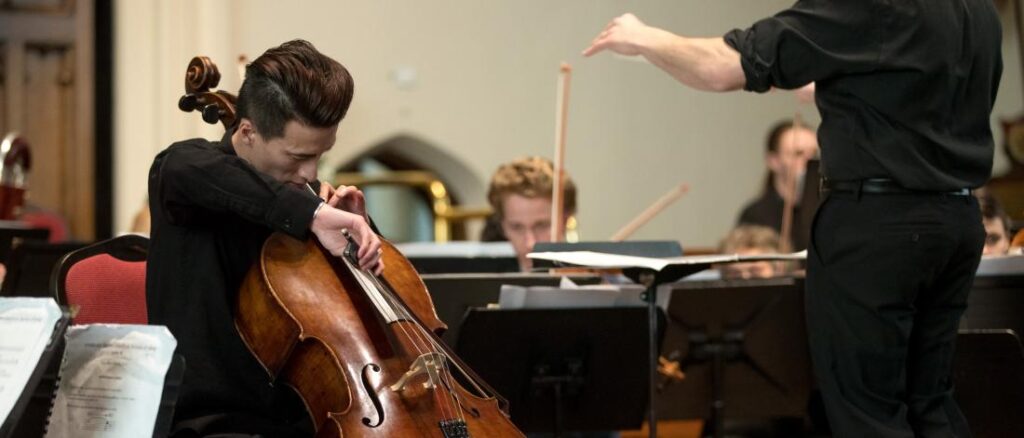Several paths are open to someone with a diploma in music, including writing, performing, and teaching.
Job Prospects:
- Positions that make use of your degree include:
- Creator of music
- Massage with tunes
- Musician
- Personal Music Instructor
- Educator on the secondary level
- Producer of noises
- Engineer, Sound
- Professional Sound Editor/Recordist/Producer
- Visual effects artist

Positions that might benefit from your degree include:
- Advisor in acoustics
- Executive in the arts
- Media technologist
- Choreographer
- Culture facilitator
- Executive producer
- Director of Marketing
- Radio host’s instructor
- Audio engineer
- Talent scout
- Director of Stage Operations
Keep your employment search open to the positions mentioned here; many firms welcome applications from students of any degree topic.
Practical Knowledge:
Depending on what you want to do once you graduate, you’ll need different kinds of job experience. If you desire a career in music as an artist or composer, listening to a wide variety of music is essential. Your appreciation for music and familiarity with it will benefit both.
Live performances and listening events are great ways to gauge musical skill, connect with like-minded individuals, and hear innovative concepts in music for the first time. Participate in musical performances by joining your school’s choir, orchestra, group, or musical theater club.
It would be best if you attempted to become engaged in sound design for live events and compile a collection of your sounds when you want a career in sound design or engineering. Local and hospital radio stations, as well as recording studios, may provide a valuable professional experience.
Amateur theater, student movie and radio productions, and collaborations with local artists are just a few examples of projects that might benefit from music and sound development.
Established companies:
A degree in music opens doors to various careers, both inside and beyond the music industry.
As an artist, you may work on an independent and contract basis, adding to your portfolio professionally. You may split your time between teaching and contract/session work on specific projects or freelancing as a performer.
Some examples of potential employers are:
- Producers and executives in the music industry
- businesses specializing in selling and distributing music institutions such as universities, colleges, orchestras, operas, and touring companies
- Businesses in the tourism sector, such as hotels, campgrounds, and cruise lines
- Providers of mental health services and nonprofits focused on mental illness
- military, various businesses in the film and gaming industries, and other creative fields.
More research:
You may pursue further education beyond your initial degree to better specialize in your field of choice, such as structure. A wide variety of music-related certifications are available, including those for performing, directing, and teaching.
When considering going to school for music, some possible majors are music education, music business, and musicology.
On the other hand, you may get a postgraduate teaching certificate in music education if you want to work in secondary schools. Look for an advanced degree program in education.
Browse postgraduate music programs to learn more about your options and choose a class that excites you.


